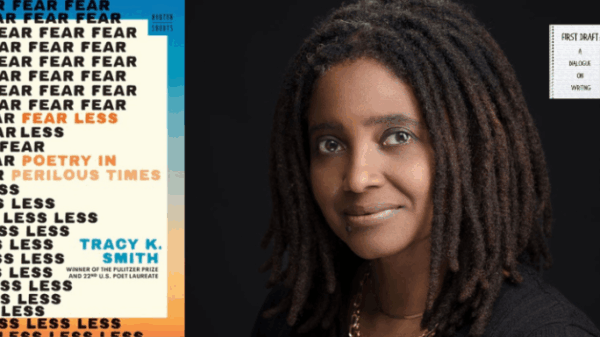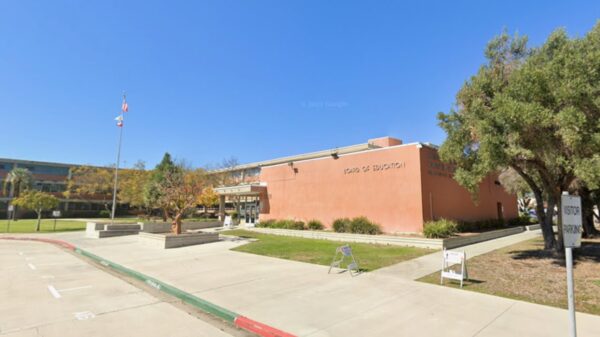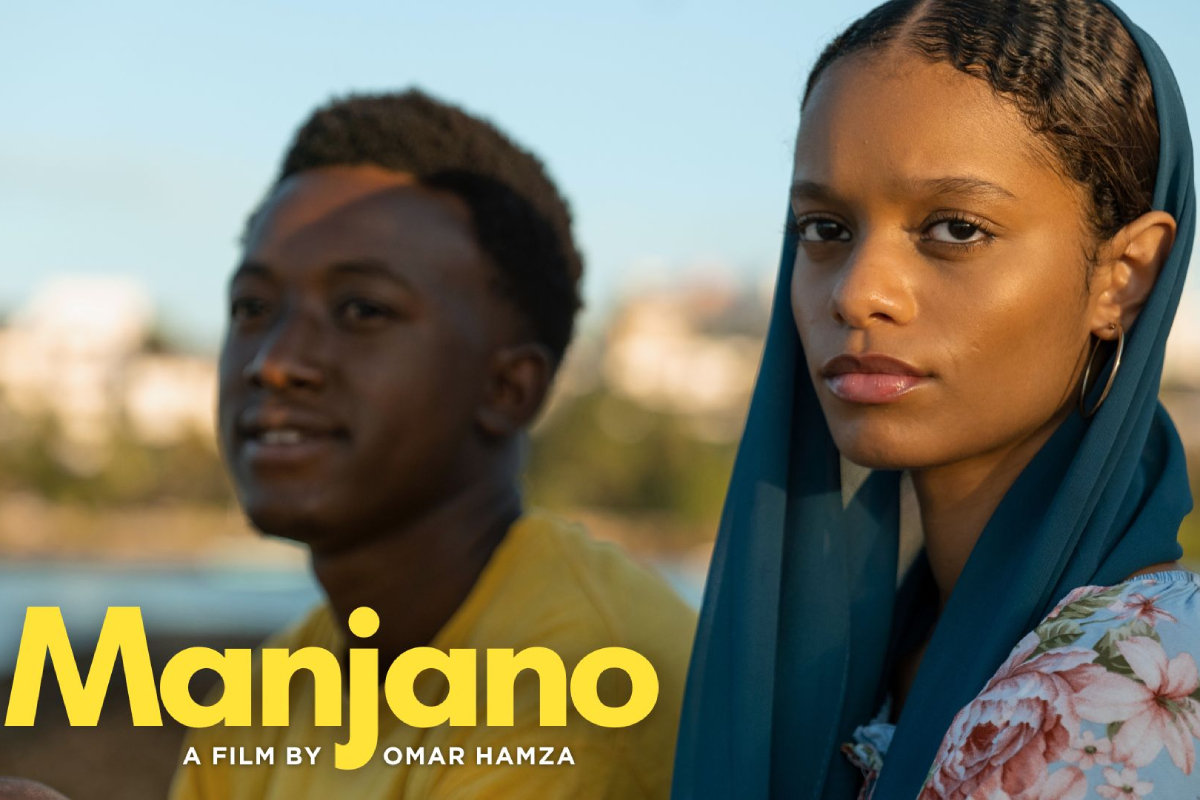The Locarno Film Festival is set to showcase a vibrant selection of African cinema during its 2025 Open Doors program, running from August 7-12, 2025. Highlighted films include the queer romance Kachifo, Till The Morning Comes, the Johannesburg-based funeral farce Death & Its Friends, and the uplifting heist movie The Color Yellow (also known as Manjano). These projects exemplify the creative drive of next-generation African filmmakers eager to share their unique narratives.
Directed by Dika Ofoma, Kachifo is the latest release from Nigeria’s Blu House Studios, which is helmed by Blessing Uzzi. Uzzi previously wrote and produced the successful film Freedom Way, which garnered attention at the 2024 Toronto Film Festival. Meanwhile, Kudi Maradzika, the producer of Death & Its Friends, describes her film as “‘Parasite’ meets ‘Triangle of Sadness,’” combining dark comedy with themes of family, grief, and survival.
The Color Yellow, produced by Kenya’s Giza Visuals, represents a refreshing entry into the genre of feel-good heist films. Writer-director Oscar Hamza aims to highlight the joy of young African love through the story of a high school graduate who recruits a team of misfits for a heist.
Other notable projects at Open Doors include Princess Téné, which secured the top development award at the Atlas Workshops in December, and The Bilokos, a documentary feature that provides an intimate portrait of the Katindo military camp in the Democratic Republic of Congo. This film focuses on the lives of ex-combatants and their families, aiming to shed light on their invisible struggles and resilience.
Emerging Trends in African Cinema
The films showcased at Open Doors reflect a deep engagement with social realities. For instance, Diary of a Goat Woman, directed by Azata Soro, is described as a personal exploration of the pressures faced by women in society. Likewise, The Headstone, produced by Leul Shoaferaw, offers a coming-of-age narrative set against a backdrop of significant sociopolitical change.
The festival’s lineup consciously moves away from stereotypical portrayals of poverty and trauma. Films such as Black Snake and Where My Memory Began choose to celebrate Africa’s rich cultural heritage and ancestral narratives. Director Naishe Nyamubaya emphasizes this shift by presenting a bold, satirical perspective on national identity in her project.
Despite the optimism, the challenge of financing African films persists, with many filmmakers relying on international co-productions. A panel discussion at Locarno on August 9 will explore potential solutions to this ongoing issue. Producers like Jules Soulaymane Dieng from Senegal’s Thiely Films highlight the duality of opportunities in film and television production, but the market remains limited in terms of available platforms for African content.
Highlighting Unique Narratives
The diversity of stories presented at Open Doors affirms that Africa is a continent rich with untold tales. According to Giresse Kassonga, producer of The Bilokos, “Africa is brimming with rich and profound stories, many of which remain unknown to the rest of the world.”
Several filmmakers are bravely challenging societal norms, as seen in Kachifo, which confronts potential censorship in Nigeria due to its queer themes. The film’s producer, Blessing Uzzi, notes the significance of telling stories that transcend cultural and religious boundaries.
Other projects, such as How To Forget Your Name by Patience Nitumwesiga, delve into Afrofuturism, exploring themes of identity and belonging in unique settings. These narratives offer fresh perspectives that resonate with both local and international audiences.
As the Open Doors program progresses, it promises to bring attention to emerging talents and their innovative storytelling. With numerous filmmakers presenting their debut features, the award ceremony on August 12 could highlight several deserving projects, potentially paving the way for future opportunities in the global film industry.
The 2025 Open Doors program at Locarno is shaping up to be a transformative event, showcasing the diverse and vibrant voices of African cinema while addressing the complexities of storytelling in today’s world.








































































